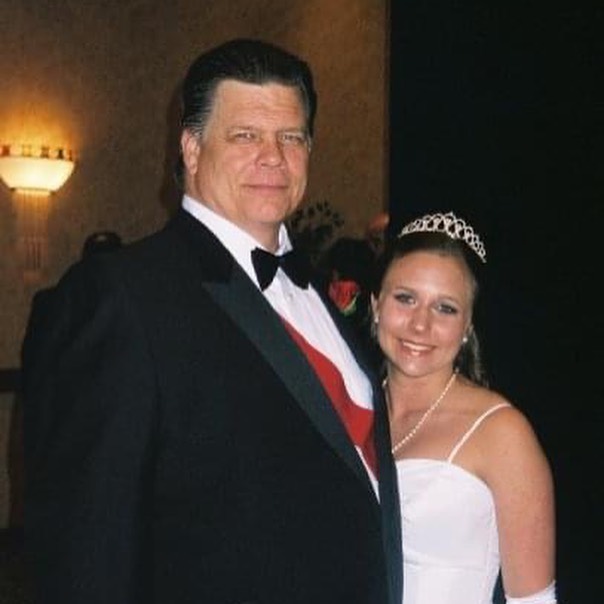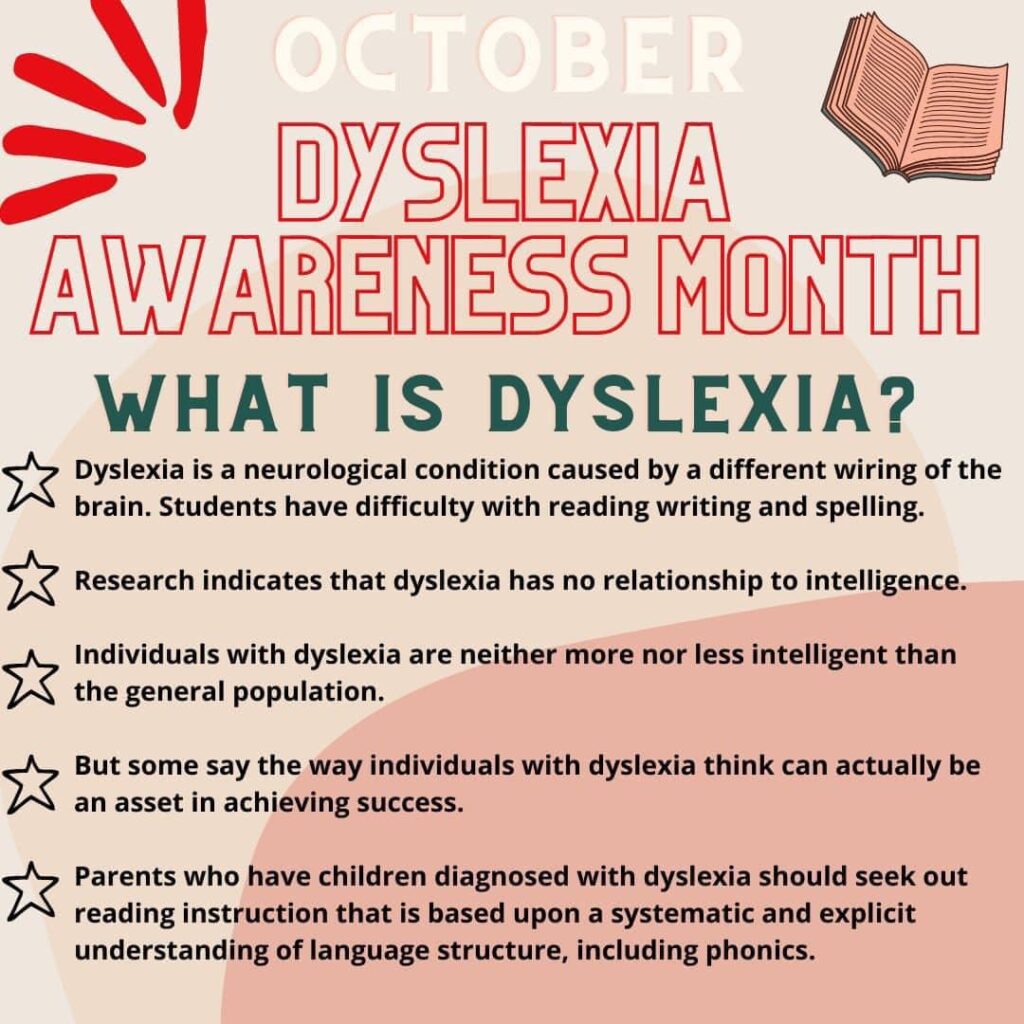HYC Fashion: How My Sister Saved me from Sweatpants
Yesterday my sister turned “thirty-something” (the Bible doesn’t even talk about a women’s age, they’re always “advanced in years,” while Abraham was “as good as dead” according to Hebrews 11).

One of my favorite stories and memories about my sister was when I was finishing elementary school and going into middle school and my younger sister confronted me about my lack of fashion sense:
“You’re not going to wear sweatpants in middle school, are you?”
The answer: “No.” It was just one of many times—fashion updates included—when Katie has saved me from myself.
As I spent some time the last few days reflecting on her incredible contribution to our world, I couldn’t help but think about the regularity with which my sister has saved me from myself, how she was teaching me to “hug my cactus” long before I even knew what that was. I will later talk about the amazing ways Katie has served myself, Heather, and our 3 boys. She really is the BAE: Best Aunt EVER!.
But first, I should mention that her service to us is not anomalous; it’s the standard she’s always set for herself.

Katie’s first elementary student to graduate.
She’s a two-time teacher of the year and is widely regarded in the elementary teaching world for her innovation and inclusion. For example, Frisco has lots of students that celebrate Diwali, the “festival of lights.” So, Katie went out of her way to honor that holiday for her students, even though it’s not something she was originally familiar with. What I love about this story is that she’s committed to being a life-long learner and is always humble and gracious enough to adapt to her kid’s stories and lives. Speaking of adapting and practically adopting her students, I can’t count the number of her students’ soccer games, dance recitals, theater performances, and more she’s attended over the years. I have personally witnessed how good she is with the kids: probably one of my favorite memories of all time is being a “guest reader” in her class with our Grandpa. We forgot to bring his glasses, so Katie found him a giant sized version of “Snowy Day” to read to her class. We personally got to see her flexibility and ability to make any situation fun, despite the obstacles. They loved Grandpa sooo much and gave him such sweet hugs even though he was in a wheelchair.

In my personal life, Katie is downright special. She’s the best sister I could ever imagine and she has overcome so much, in spite of our biological family not always being the healthiest. We never really understood each other early in life because we couldn’t be more opposite. This experience of having a sibling with an opposite personality has actually made me so much better of a dad. I have learned that even my identical twins don’t have the same personality—as much as that hurts my brain. My mantra for our boys has become: “their personality is not wrong, it’s just different”—different from me, different from each other, etc.

Yet, one of the treats of my adult life is how Katie and I have grown closer and closer as we age. We’ve shared some deep struggles and secrets. We’ve learned to forgive and reconcile through hard seasons (many of them my fault due to my stubbornness or the stubbornness of other family members). I sometimes lament the number of times she was prophetically insightful, and I shamefully ignored the wisdom that the Holy Spirit wanted to share with me through her. Again, she was usually just trying to protect me from my worst instincts and vices, my default setting, which is usually being a codependent people-pleaser.
And in our adult years, we have had so much fun and laughter together. We laugh at how ridiculous I was growing up, how awkward and oblivious to social norms. She lovingly called me “robot” for years. It started as her rebellion against the reality that I was naturally good at school in the 90’s (western teaching styles which are terrible and dumb and the very thing Katie spends most of her life fighting against). In short, most teachers didn’t get why Katie and I were so different when it came to school. School has always just made sense to me and it’s why I’ve thrived in most academic settings. Katie, on the other hand, was dealt a rough hand: dyslexia. We diagnosed it way later than we should have and she endured so much shame and frustration as a result. I am certain her passion for teaching stems from not letting that happen to other kids under her care; and comes, in part, as her way of redeeming that pain.

For, when it comes to trauma, whatever we don’t redeem, we repeat and pass on.
That’s the heart behind “hug your cactus”: integrating some of the messy/ugly/painful things in our past and echoing Joseph’s wisdom,
“As for you, you meant evil against me, but God meant it for good, to bring it about that many people should be kept alive, as they are today.”
–Genesis 50:20
Katie. You. Are. A. Blessing.

You’re a blessing to me and my family. The way you read with our boys makes my heart sing (I never would have guessed my boys’ favorite place on earth was the library). The way you step into their little worlds with ease makes my soul rejoice. The way you prioritize FUN with David and get him unique and special experiences relieves so much dad-guilt as I struggle to give each of our 3 boys quality attention. It all comes natural to you, but it’s not easy. Your artful skill, balance, and poise, reminds me of watching you dance in “The Nutcracker.“
Life with toddlers is enough to make anyone’s head spin, but you never get dizzy.

You’re a blessing to the wider church and community. You’re a blessing to Brad and Bella (yes Brad, you’re in the same sentence with the Pomeranian). I love you and I should say it out loud more. I’m proud of you and this blog represents my resolution to say that out loud more, too. Happiest of birthdays and enjoy your trip.

Love,
Will “The Robot” Kemp
See More